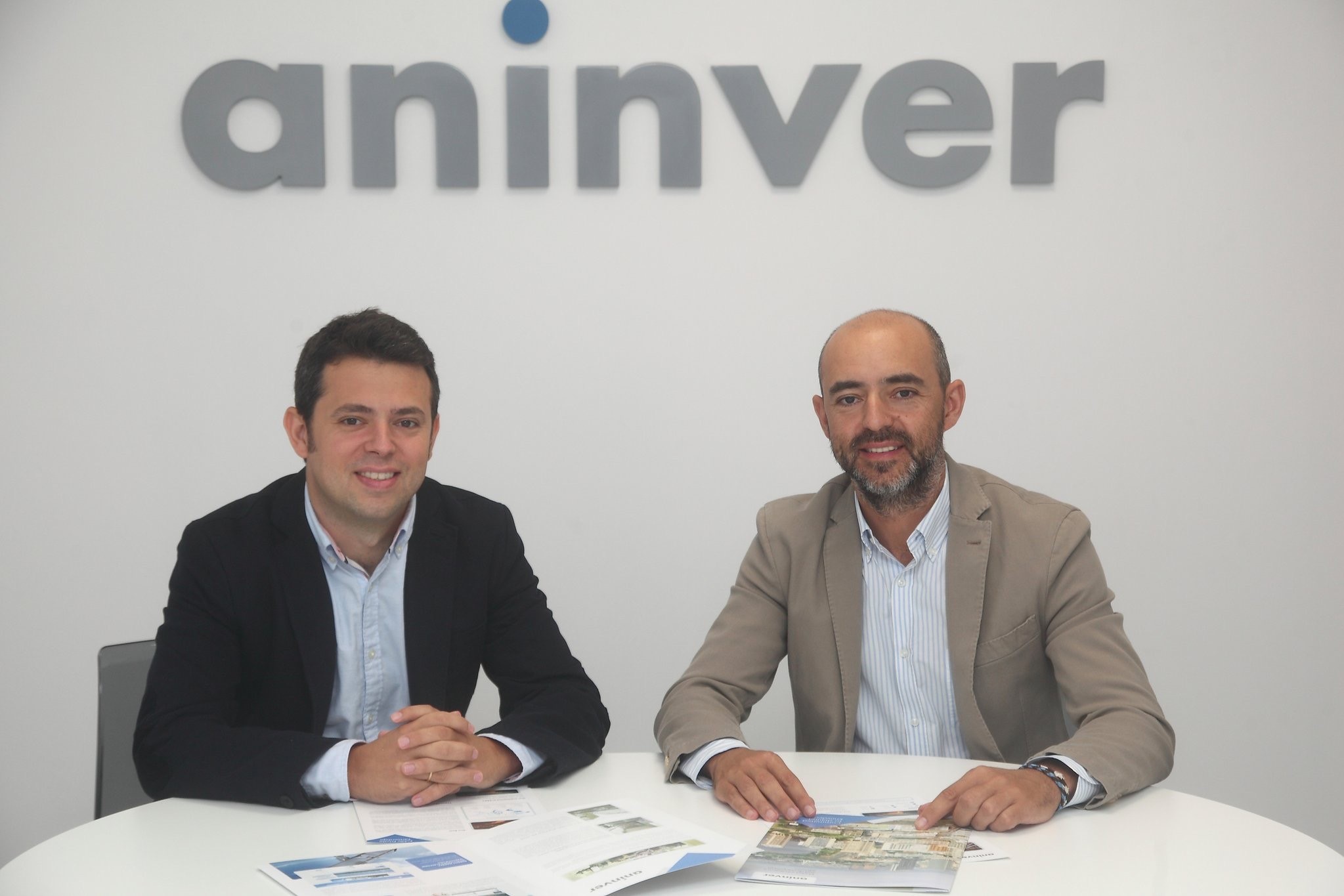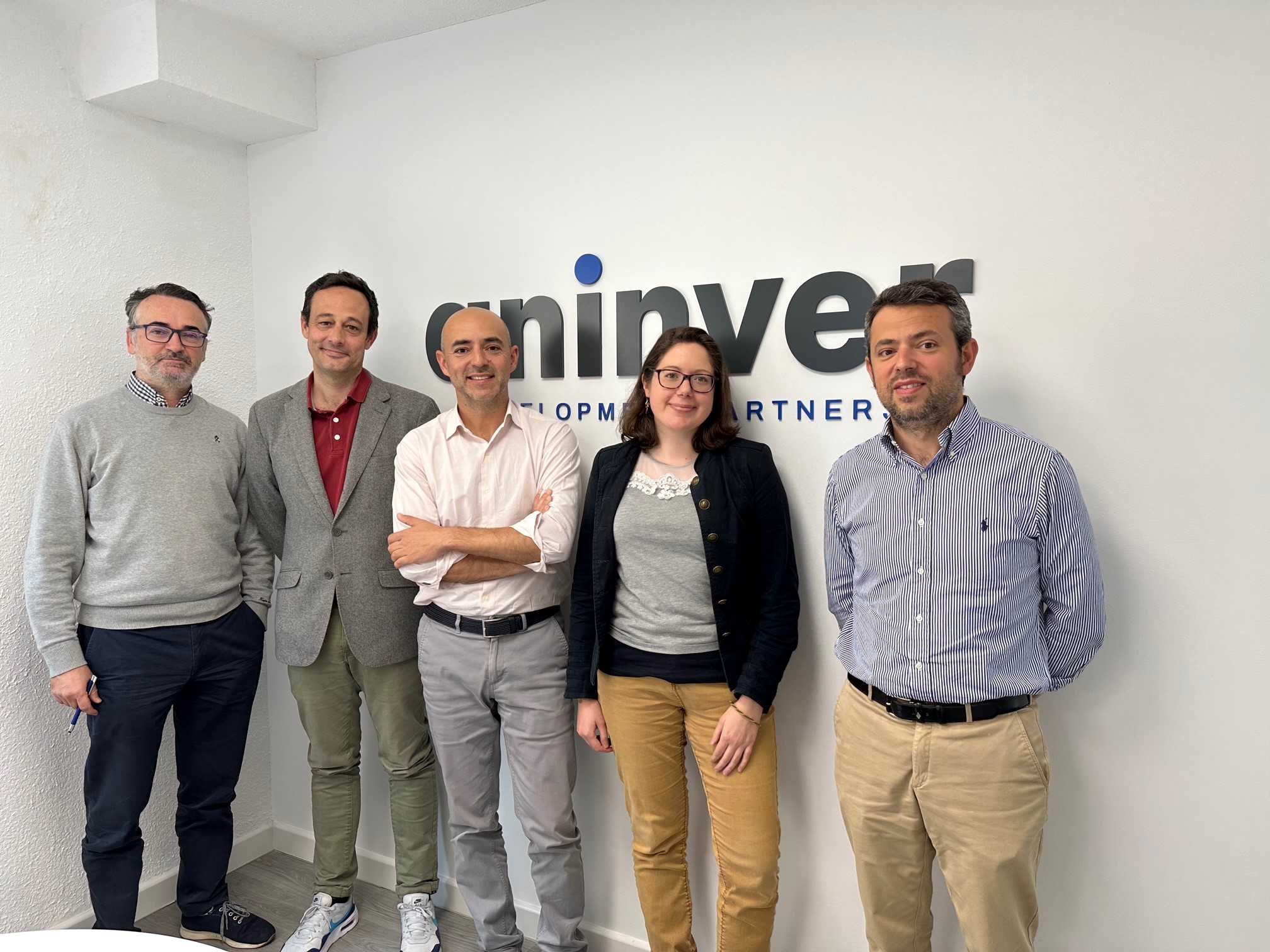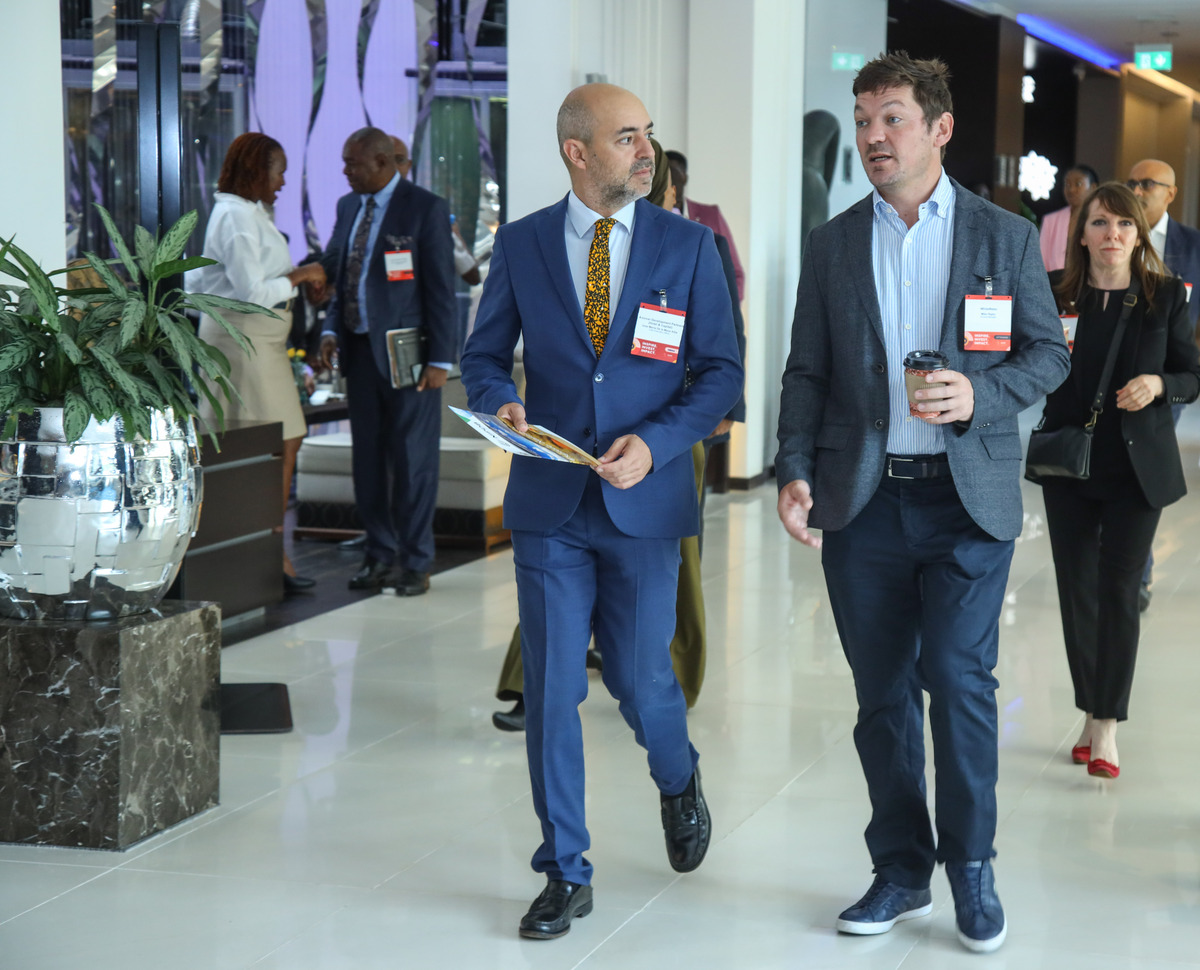Dive into this captivating journey with DevelopmentAid as we celebrate a leader whose narrative exemplifies the essence of our Hero Stories initiative: spotlighting the pioneers reshaping global development. Meet Jose de la Maza, the charismatic CEO of Aninver Development Partners. De la Maza’s narrative is a testament to Aninver’s commitment to shaping global development outcomes. Aninver Development Partners is a dynamic business advisory group with a global operational footprint, driven by the ambition to become the international development consultancy of reference. This ambition is rooted in its unwavering commitment to addressing the most complex challenges faced by development finance institutions, governments, and private clients.
Join us as we explore the mind of an entrepreneur dedicated to making a tangible difference in the world of development.
DevelopmentAid: How would you describe your role in the company’s development and your efforts to maximize its impact?
Jose: That’s an insightful question. As the CEO or Managing Director, I liken my role to that of an orchestra conductor. We’re fortunate to have a dedicated team, many of whom have been with us for years. The key is to trust this team – both the managerial members and our consultants. It’s essential to give them autonomy and empower them with the necessary training and resources. We embrace the inevitability of mistakes because honesty is paramount in our industry. Serving clients requires transparency, especially when they may not have a precise vision or have constrained resources but high expectations. Setting an honest tone, coupled with a clear vision of the company’s positioning, values, and culture, is crucial to our success. I view my role as a steward, ensuring the preservation of this culture, fostering a positive atmosphere, and encouraging a growth-oriented mindset.
DevelopmentAid: In a sector filled with heavyweights, how did you successfully carve out a distinct niche for your company?
Jose: While we might be a smaller player in this industry, especially when compared to giants like Deloitte and McKinsey, we’ve carved out a unique space with our distinct culture and approach. This isn’t merely a happenstance; it’s been deliberately cultivated by my partners, my brother Alvaro, myself, and our management team. It’s noteworthy that we started with no background in this industry and built from the ground up. We’re particularly proud of how we’ve positioned ourselves to compete with these larger names. We’re judicious in choosing contracts, not blindly aiming for ones we might not secure, but when we see our name alongside these industry heavyweights, it’s a source of immense pride.

DevelopmentAid: If a potential client was to ask why they should choose your expertise and services over others, how would you respond?
Jose: We pride ourselves on being highly flexible and adaptable. Many entities might step back from challenging situations, deeming them to be too small, too intricate, or simply beyond their risk appetite. But for us, that’s where we shine. I always emphasize our desire to serve clients precisely where they feel the need the most. And it’s worth noting that, over the course of 100 assignments, we’ve often been the go-to for projects that others hesitated to undertake or didn’t execute well. It’s less about the project’s size and more about whether we are the best consultants for the challenge at hand.
DevelopmentAid: Jose, it’s evident that your approach prioritizes real-world application and sustainable change.
Jose: The world doesn’t need another consulting report, something that can really not be implementable or a schoolbook solution. For us, understanding the project’s context is crucial. We always interact extensively with local clients and stakeholders ensuring our solutions are practical and impactful. Take Fashionomics Africa as an example. We started with a feasibility study for a digital platform for African fashion. This evolved into the largest community of African designers and entrepreneurs with over 25,000 members. It’s more than just a website. It’s an impactful asset in a sector that often feels isolated. These designers now have a platform, connections, and opportunities to sell online. That’s real impact to us.
DevelopmentAid: It sounds like establishing a personal connection and building trust is at the forefront of your business approach. How do you balance this hands-on, personal touch with the increasing demands for a digital presence?
Jose: We actively seek out opportunities to personally interact with clients, ensuring they truly know us – not just as a company, but as individuals. Beyond our regular procurement processes, I personally invest a lot of time representing the company at various events and initiatives. For instance, our regular trips to Washington, where we currently have five active projects with the World Bank and Inter-American Development Bank, are testament to this effort. We firmly believe in the value of face-to-face interactions and building genuine relationships. It’s about more than just being one of the many names in a pile of 70 expressions of interest. Hence, we’re actively working on enhancing our digital presence, marrying the traditional with the modern in our approach.

DevelopmentAid: You mentioned your love for learning during our interview. What recent insights or lessons have you gained that you’d like to share with us?
Jose: The more you travel, the more projects you do, the more people you meet, the humbler you become. You realize how complex the world is, especially considering the challenges in our industry. Reflecting on this, it’s evident how privileged we are to work in the fields that we’re passionate about. The essence of my journey boils down to understanding the intricacies of entrepreneurship. I find a special kinship with fellow entrepreneurs; sharing our challenges and deriving lessons from one another is truly enriching. One thing I’ve noticed is the lack of robust support for entrepreneurs globally, not just financially, but in many aspects. Often, entrepreneurs feel isolated, viewed as the outliers willing to take risks. It’s crucial for us to find a like-minded community to share their journey with.
DevelopmentAid: Which sectors resonate most with you personally? What do you find most rewarding in your line of work?
Jose: My natural inclination is towards infrastructure and Public-Private Partnerships (PPPs), given my background. I’ve collaborated with the International Finance Corporation as a construction specialist on assignments and we’re currently engaged in PPP projects in Latin America. That’s an area I’m comfortable with and enjoy. However, the work we’ve done with entrepreneurs over the last 3 to 4 years has been truly rewarding. We’ve launched digital platforms, offered online training during Covid, and are actively supporting entrepreneurs. For instance, in Mauritania, we’re building capacity for 1,000 women entrepreneurs in challenging conditions where many of these women lack even basic education. In Tunisia, we’re involved in an impact evaluation of an entrepreneurial support program funded by the Netherlands in rural areas. These entrepreneurial initiatives, both with sizable budgets, have been some of our most intriguing projects recently. Still, I’m always eager to delve into new sectors, like agribusiness or energy, because I have a passion for continuous learning.
DevelopmentAid: What are the major challenges and opportunities you foresee in international development given the changing global dynamics?
Jose: Given the fast-paced evolution of technology and its intersection with international development, digital inclusion poses a striking trend. Every project or initiative in our field is now expected to have a digital aspect or presence. Many African countries, for instance, have achieved impressive mobile phone penetration rates. This isn’t just about technology; it’s a substantial opportunity to make a genuine impact by leveraging this digital connectivity.
Undeniable becomes the importance of climate change and its related challenges. In developed nations like the USA, Europe, or Canada, the approach towards climate action might seem straightforward. However, in regions like Zambia, Malawi, or Bolivia, the strategy has to be more tailored, considering their unique challenges and developmental contexts. It’s essential to recognize that a one-size-fits-all method isn’t appropriate or fair.
With substantial funds being directed towards projects, there’s a growing call for more rigorous monitoring, evaluation, and measurement of the actual impact. Service providers in the future will likely be differentiated by their ability to measure, report honestly, and adapt based on their impact outcomes. Just from my recent meetings in Washington, these ideas and themes are resonating strongly within the community.

DevelopmentAid: One of your mission statements is to establish yourselves as the international development consultancy of reference for development finance institutions, governments, and private clients. Given this vision, what’s your strategic path forward? What drives your ambitions as an entrepreneur and visionary?
Jose: Indeed, our vision is to broaden our horizons, both in terms of reach and influence. While we’ve made significant inroads in Africa – benefiting from geographical proximity, time zones, and efficient flight routes via hubs like Casablanca and Madrid – our aspiration is to create a robust presence in Latin America and subsequently Asia. Geographically, operating from Malaga offers centrality but it isn’t as strategically positioned as major global hubs like New York or Singapore. Our long-term vision includes establishing bases in these regions. For instance, considering Latin America, although we’ve undertaken projects in Colombia, Brazil, Mexico, Barbados, and the Bahamas, we recognize the need for consistent engagement. Being physically present there would undoubtedly enhance our operational efficiency.
Asia, admittedly, is a more complex challenge. The linguistic advantages we have in Latin America don’t translate to the Asian market. Each nation there is unique, presenting a diverse set of challenges and opportunities. We are eyeing exploratory missions to hubs like Manila and India to better understand the market dynamics. Eventually, our aim is to establish a strategic base in Asia to serve the region more effectively.
Our forward-looking strategy is grounded in proximity. We want to be closer to the regions and the clients we serve. While we might consider strengthening our position in Africa, our immediate priority is branching out to uncharted territories, widening our influence, and serving diverse markets more efficiently.

